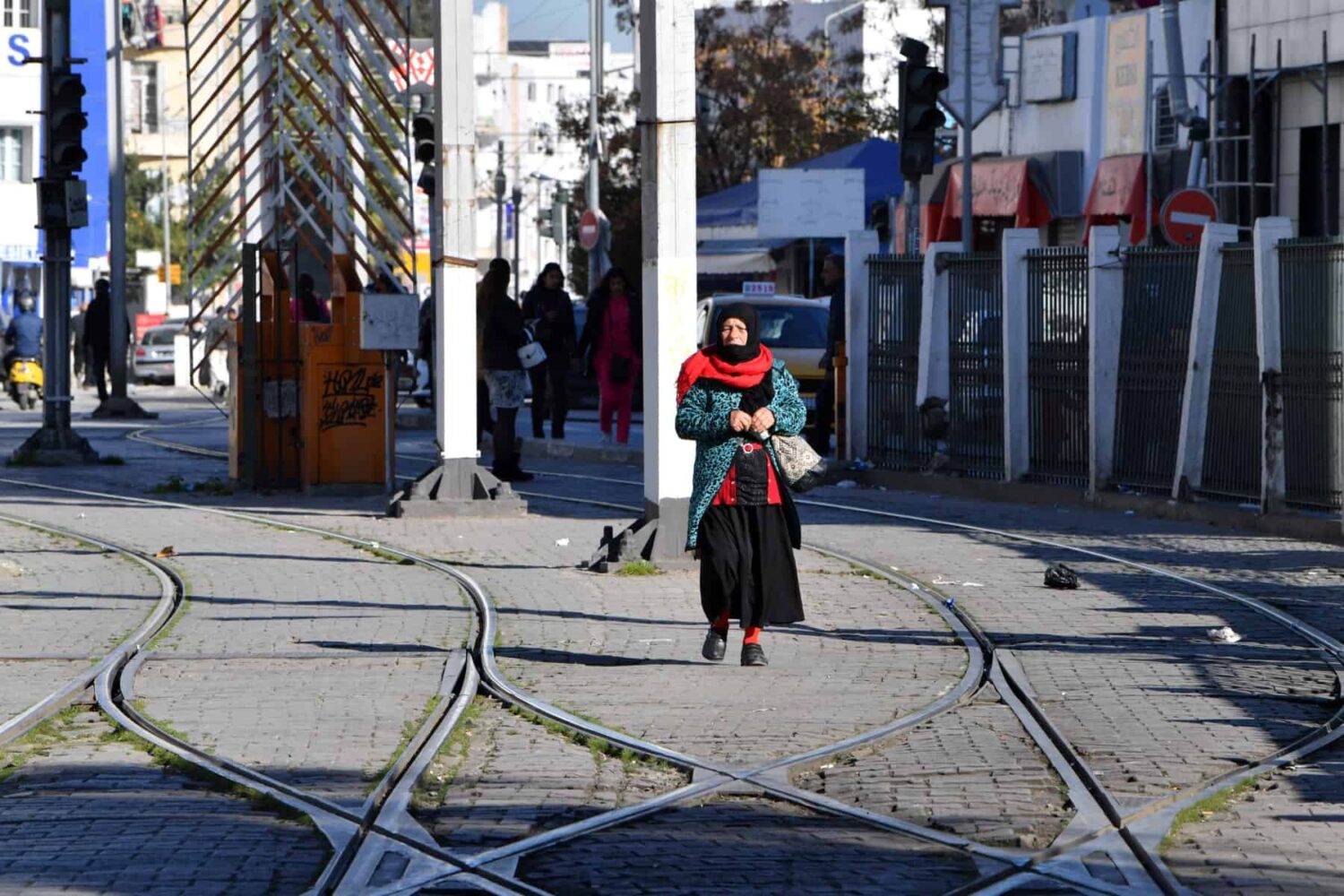TUNIS, TUNISIA – Tram and bus workers in the Tunisian capital staged a strike over delays in salaries and the lack of an end-of-year bonus Monday, creating traffic jams across Tunis.
The strike is the latest in a string of similar actions as Tunisia grapples with a grinding economic crisis, with frequent shortages of basic goods from petrol to cooking oil.
The North African nation is struggling with debts of more than 100 percent of gross domestic product and is in negotiations with the International Monetary Fund for a nearly two billion-dollar bailout.
On Monday, staff from state-owned public transport firm Transtu walked out and hundreds demonstrated outside the prime minister’s office, responding to a call by the transport section of the powerful UGTT trade union federation.
The strike froze “the majority” of transport services across the capital of almost three million people, Transtu said.
Transtu, which runs around 250 bus routes and 15 tram lines, was also shut down by a strike during school holidays in November, a peak time for families using public transport.
The IMF has called for the implementation of a string of politically sensitive measures, including gradually removing subsidies on basic goods and the restructuring of public firms, which include Transtu as well as monopolies in water, energy and cereals.
The birthplace of the Arab Spring has also been mired in political divisions since President Kais Saied staged a dramatic power grab in July 2021.








